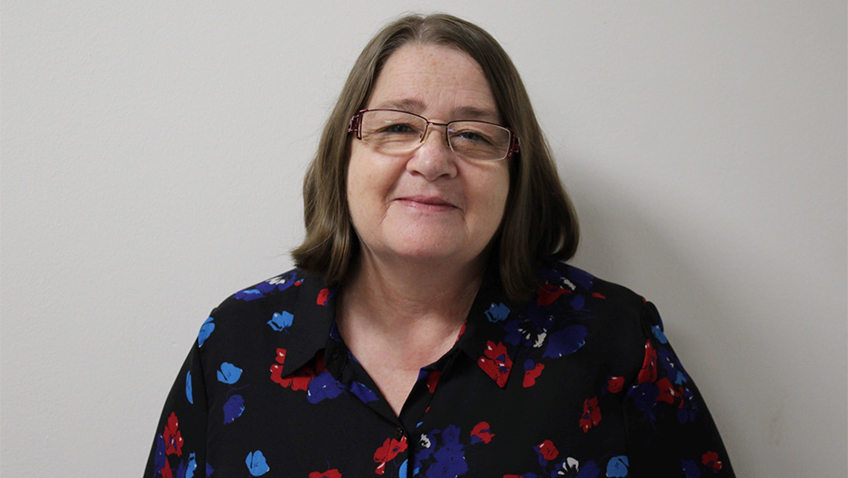Driving is something that many people take for granted; it can represent independence and a sense of freedom. So when a person is diagnosed with dementia, they may start to worry that they will no longer be able to drive, due to a loss in coordination and spatial awareness, or difficulty recalling directions. But does a diagnosis always mean that a person with dementia will stop driving?
What the law says
A diagnosis of dementia does not necessarily mean that the person will have to stop immediately. If they wish to continue driving, they should inform the DVLA once a diagnosis has been made. This can be done by email, post, phone or by downloading and completing form CG1. The DVLA will then request information from the person’s consultant or GP. Based on this, the DVLA medical advisors will make a decision on whether the person can continue to drive. If the DVLA is not informed this could result in a fine of up to £1,000.
Insurance providers must also be informed straight away or a person’s insurance could be invalid. If the DVLA have renewed a person’s licence for a specific time, it should not affect their ability to obtain insurance cover and many people continue with the same insurer.
What happens next?
There are three possible outcomes:
- The person’s licence is renewed for a specific period of time, usually a year.
- A driving assessment will be requested. This is not a driving test but an assessment of the person’s ability to continue driving.
- The person’s licence is cancelled and they are unable to continue driving.
Sometimes the person with dementia chooses to surrender their licence, if they and their family are concerned that they might be losing the skills needed to be able to continue to drive safely.
Supporting the person
We get frequent calls to the Admiral Nurse Dementia Helpline on this topic. Here are some of the questions we are often asked
My father needs to stop driving and is not safe. What can we do?
We advise the family to speak to the person living with dementia and if possible encourage them to make a decision in as positive way as possible. For example, you could approach it from the perspective of how much money they could save or even by discussing other ways in which they can go about their daily life without a car.
Some people with dementia might be more likely to listen to their GP, who could instruct them to stop driving, than hearing it from a family member.
If a person is unsafe to drive and refuses to stop, the GP or the family of the person can report this directly to the DVLA. This is particularly hard for a family member to do as it can lead to feelings of guilt or betrayal. On the Helpline, we help people realise that this is something that is a last resort and is done out of love for the person.
My loved one has given up their driving licence and now doesn’t want to go anywhere. What do we do?
It is important to validate the person with dementia’s feelings and to acknowledge that stopping driving can be distressing, as it can affect their self-worth. It can help sometimes to plan journeys with the person, like taking a day out, and encourage them to be involved in the planning. This allows the person to see that even though they can’t drive anymore, there are still lots of things in life which can be enjoyed.
Public transport can be a great way for people with dementia to get out and about. When making a rail or bus journey, most stations have helpers available who will discreetly assist a person. There are also cards available with some local travel operators and local authorities which can be shown to bus drivers or train attendants. Travel attendants can then be aware that a person travelling has dementia and can assist if needed.
All of this means that independent travel is still possible when a person with dementia is no longer able to drive, and life can still be stimulating and interesting.
The charity, Dementia UK provides specialist dementia support for families through their Admiral Nurse service. If you need advice or support on living with dementia you can contact Dementia UK’s Admiral Nurse Dementia Helpline on 0800 888 6678 or email helpline@dementiauk.org – the Helpline is staffed by experienced Admiral Nurses, who give vital support by telephone or email.
To download form CG1 go to: www.gov.uk/government/publications/cg1-online-confidential-medical-information
By Joanne Freeman, Dementia Uk’s Admiral Nurse Dementia Helpline





